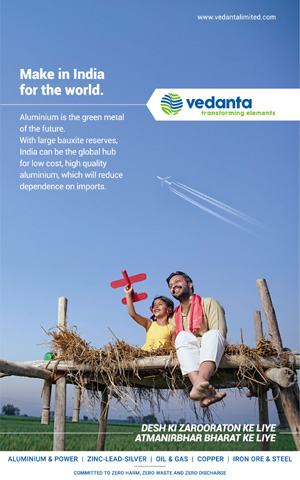‘Faces of Inequality’ book released, work focuses on Stories of the poor and underprivileged
By Swagatika Bhutia
BHUBANESWAR,APRIL 25: Amid the talks of a five trillion dollar Indian economy, there is still an India where people struggle to arrange two square meals a day. Many strive hard for basic needs of food, health and education. Often unheard and ignored, these voiceless people mostly don’t matter to the mainstream media. This book, through various ground reports over a decade and a half, captures the stories of the most marginalised people of society.
The comparison made in the book of the luxurious life in a metro city and a precarious life in a village depicts the stark reality of discrimination in India. The money spent in a Delhi pub in a night, if saved, can feed a village consisting of 250 families in Balangir district of Odisha for a month. And this is inequality!
The book discusses the evolution of the inequality debate in the global level and in India. A large percentage of population is poor because a few people are super-rich and the global economic system is designed to generate and foster such inequality. The ’Occupy Wall Street’ protest in New York in 2011 used the slogan, ’We are the 99’ signifies concentration of wealth in the top one per cent. The book goes beyond the intellectual discussion on inequality and attempts to give a human face to inequality – the “Faces of Inequality”!
The book has 44 articles, which are reproduction of author’s grassroot based write-ups published in various newspapers and journals in India and abroad in last fifteen years. The issues covered are starvation, distress migration, employment guarantee act, right to information, forest issues, self-help movement, industrialisation and violence, agrarian distress and farmers suicide, disaster etc.
The first article is on the hunger death of JhintuBariha’s family in 2009 from Balangir district of Odisha. All the reports should serve as a warning bell till the time another man dies of starvation in Odisha, a girl is raped in brick kilns of Andhra Pradesh and a poor child is forced to work in the cotton fields of Gujarat. These are not mere real-life stories but a chronicle of policy and governance failures. The reports analyse the systemic causes of such failures.
The government is always in denial whenever there is a report of alleged starvation death or a farmer’s suicide in Odisha.The book discusses the plight of millions of migrant workers who walked hundreds of kilometres during the COVID induced lockdown in 2019, to reach their homes. A story narrates the ordeal of Rakesh, a homeless migrant worker in Bhubaneswar, who cries while asking for food during lockdown.
But all is not lost. There are rays of hope amid the bleak picture! Many positive stories show us how, with the right policy interventions and community effort, the lives of the marginalised can flourish.
Foreword of the book is written by Dr Devinder Sharma, food and agriculture policy analyst and an authoritative voice on farmers’ issue in India.
The book is a good read for policy maker, social workers, and people who are in the upper strata of society but are often oblivious of how the other India lives.






